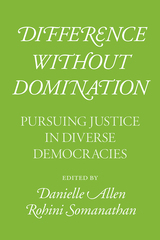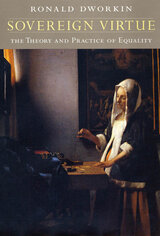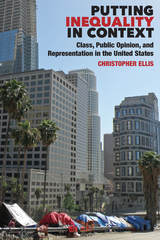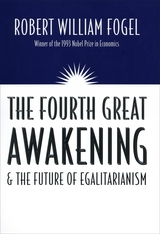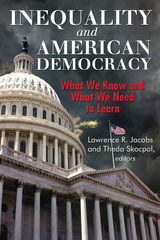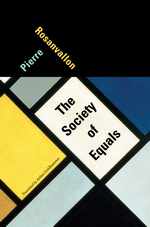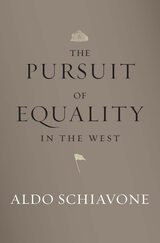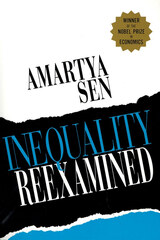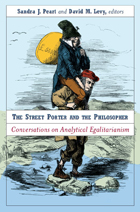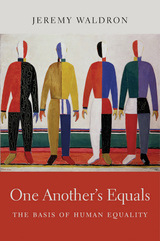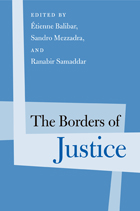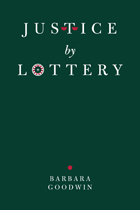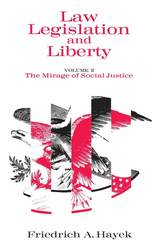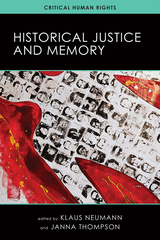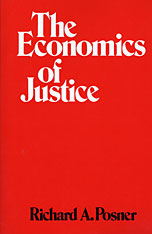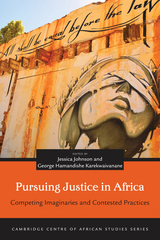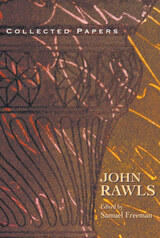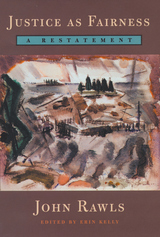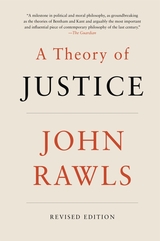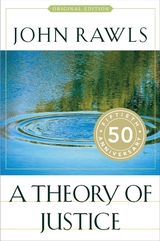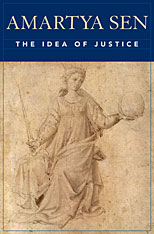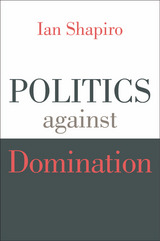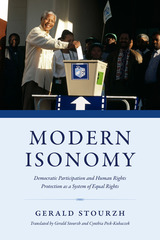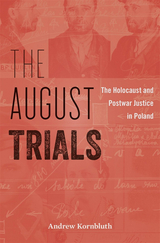Paper: 978-0-87840-394-3
Library of Congress Classification JC578.B87 2003
Dewey Decimal Classification 303.69
No one can deny how September 11, 2001, has altered our understandings of "Peace" and "Justice" and "Civil Conflict." Those have become words with startling new life in our vocabularies. Yet "making" peace and "doing" justice must remain challenges that are among the highest callings of humanity—especially in a terror-heightened world. Nigel Biggar, Christian ethicist and editor of this now more than ever "must read" (Choice) volume, newly expanded and updated, addresses head-on the concept of a redemptive burying of the past, urging that the events of that infamous date be approached as a transnational model of conflict-and suggesting, wisely and calmly, that justice can be even the better understood if we should undertake the very important task of locating the sources of hostility, valid or not, toward the West.
Burying the Past asks these important questions: How do newly democratic nations put to rest the conflicts of the past? Is granting forgiveness a politically viable choice for those in power? Should justice be restorative or retributive? Beginning with a conceptual approach to justice and forgiveness and moving to an examination of reconciliation on the political and on the psychological level, the collection examines the quality of peace as it has been forged in the civil conflicts in Rwanda, South Africa, Chile, Guatemala and Northern Ireland.
There are times in history when "making peace" and "doing justice" seem almost impossible in the face of horrendous events. Those responses are understandably human. But it is in times just like these when humanity can—and must—rise to its possibilities and to its higher purposes in order to continue considering itself just and humane.
See other books on: Civil war | Elshtain, Jean Bethke | Past | Reconciliation | Restorative justice
See other titles from Georgetown University Press

